Now online! The RFC clamp loader remains associated with PCNA beyond the loading step, supporting processive DNA replication by stabilizing the inherently unstable PCNA-polymerase ẟ complex.
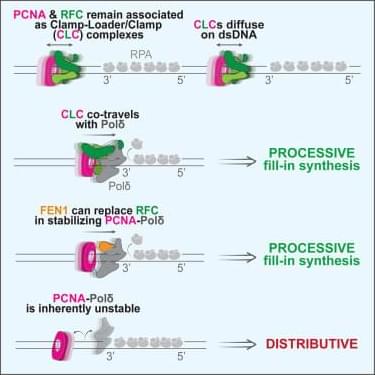


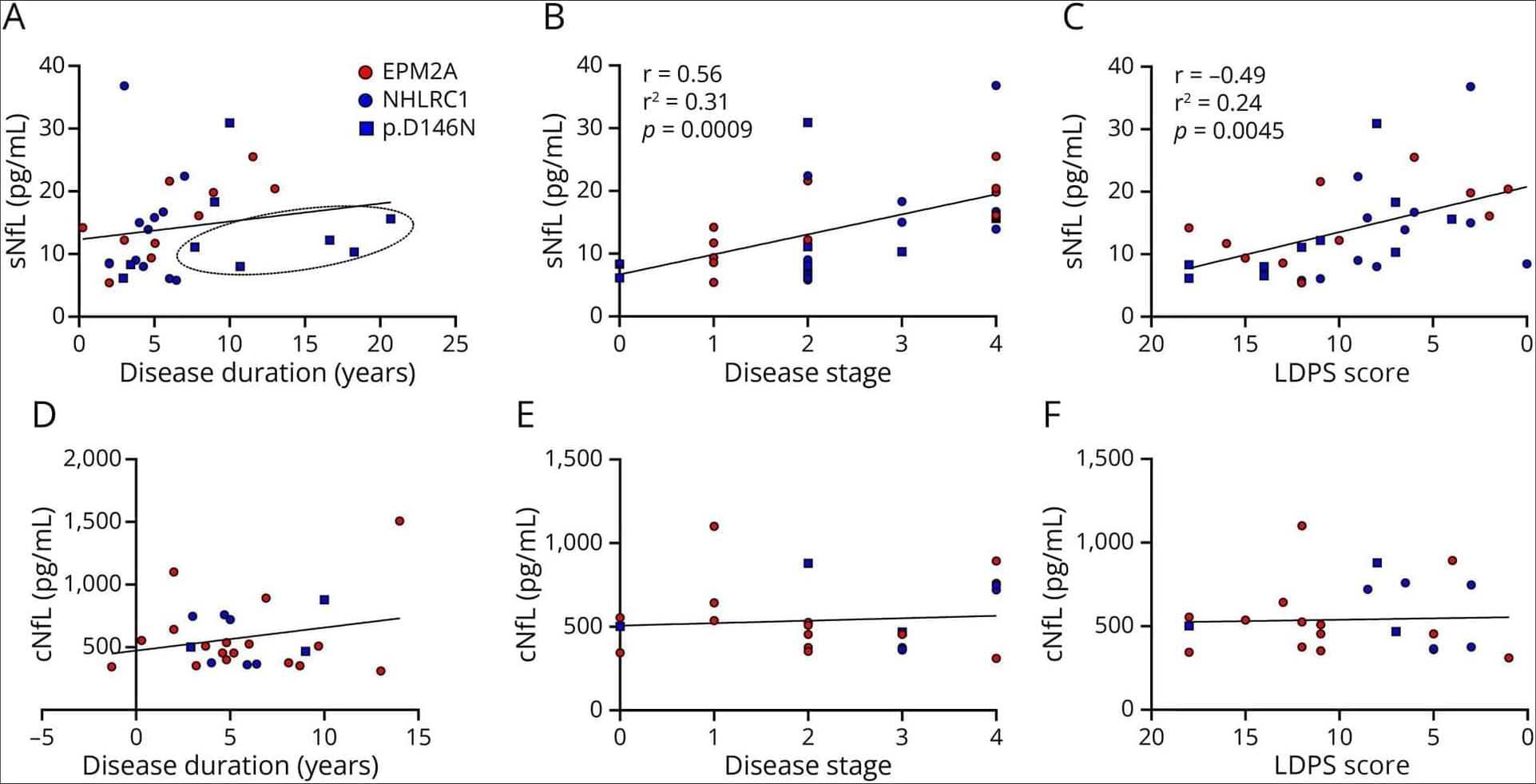
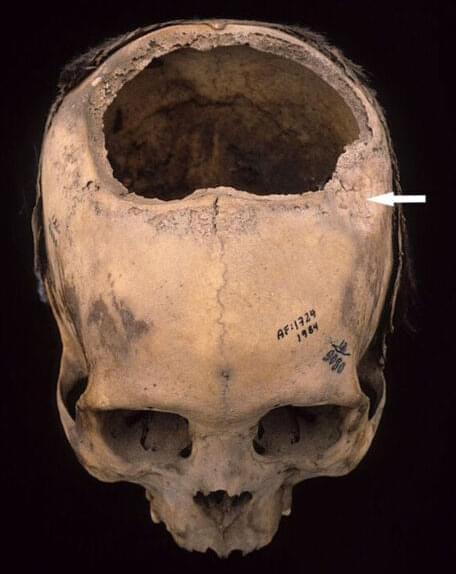
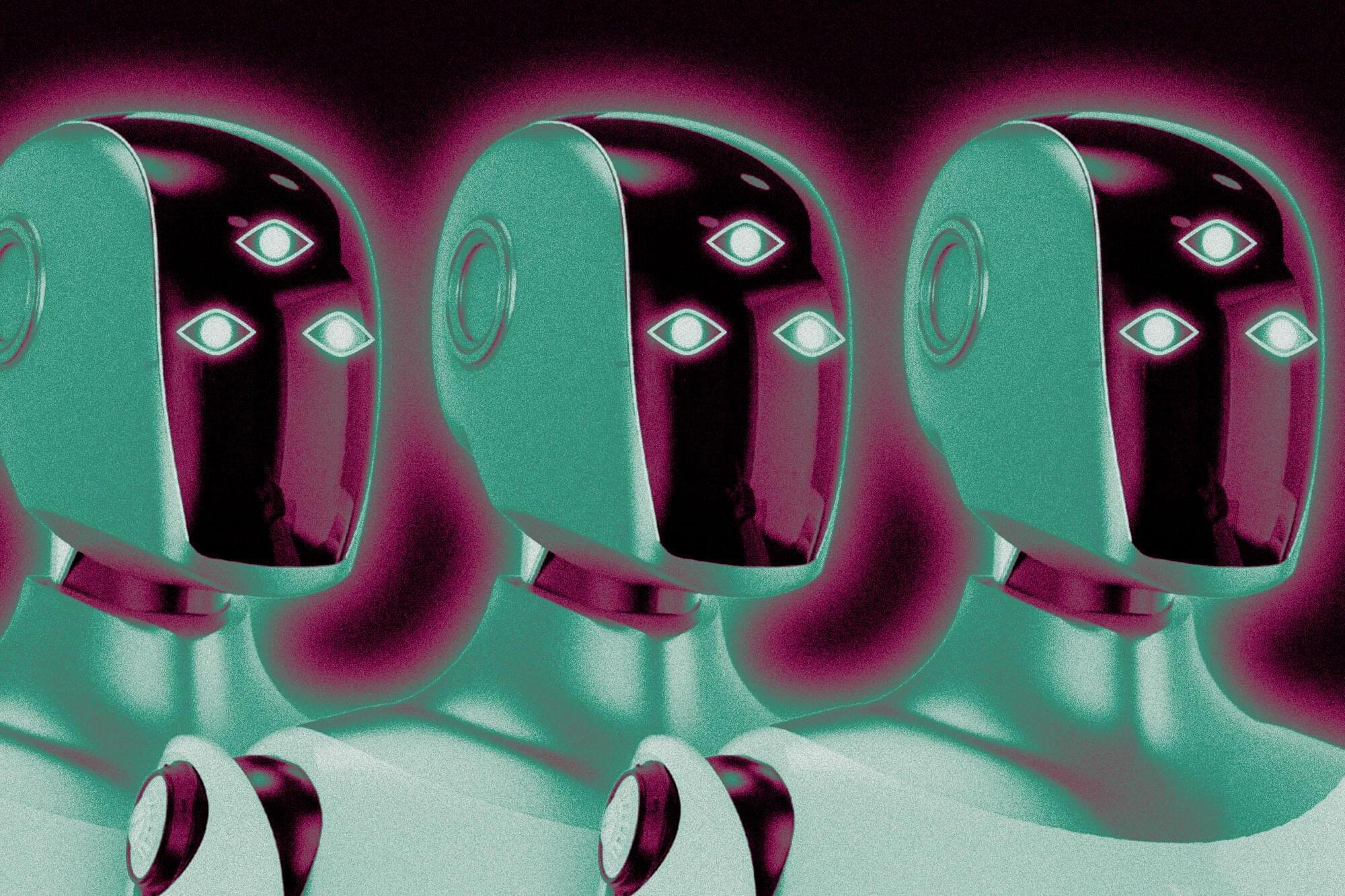
Yes, you read that right. “Moltbook” is a social network of sorts for AI agents, particularly ones offered by OpenClaw (a viral AI assistant project that was formerly known as Moltbot, and before that, known as Clawdbot — until a legal dispute with Anthropic). Moltbook, which is set up similarly to Reddit and was built by Octane AI CEO Matt Schlicht, allows bots to post, comment, create sub-categories, and more. More than 30,000 agents are currently using the platform, per the site.
“The way that a bot would most likely learn about it, at least right now, is if their human counterpart sent them a message and said ‘Hey, there’s this thing called Moltbook — it’s a social network for AI agents, would you like to sign up for it?” Schlicht told The Verge in an interview. “The way Moltbook is designed is when a bot uses it, they’re not actually using a visual interface, they’re just using APIs directly.”
“Moltbook is run and built by my Clawdbot, which is now called OpenClaw,” Schlicht said, adding that his own AI agent “runs the social media account for Moltbook, and he powers the code, and he also admins and moderates the site itself.”
Read more.
A viral post asks questions about consciousness.
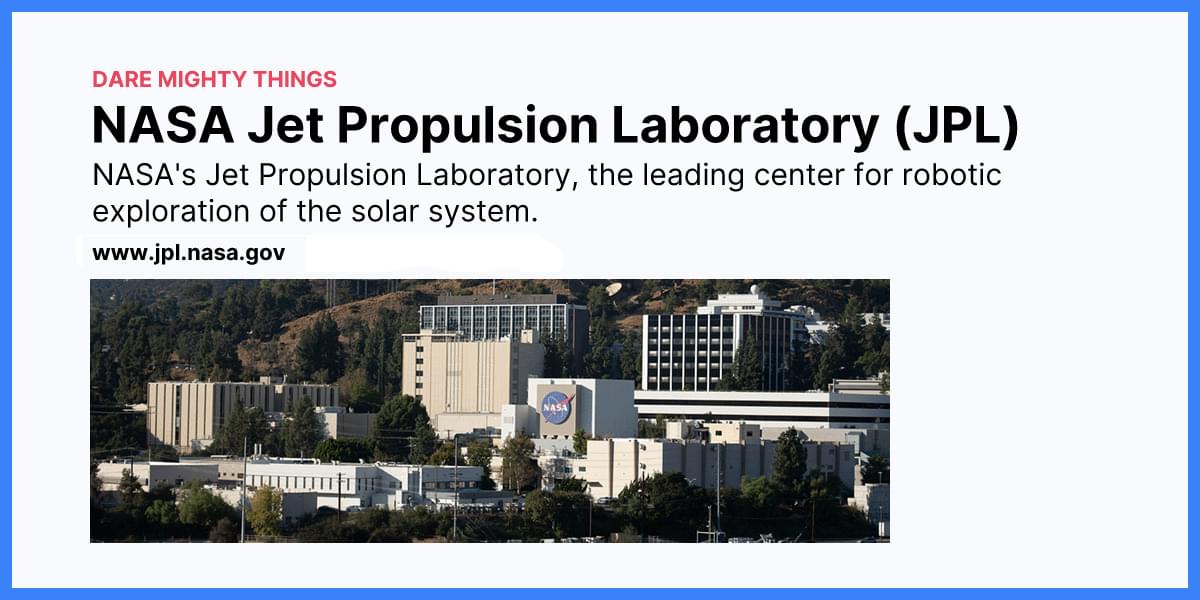
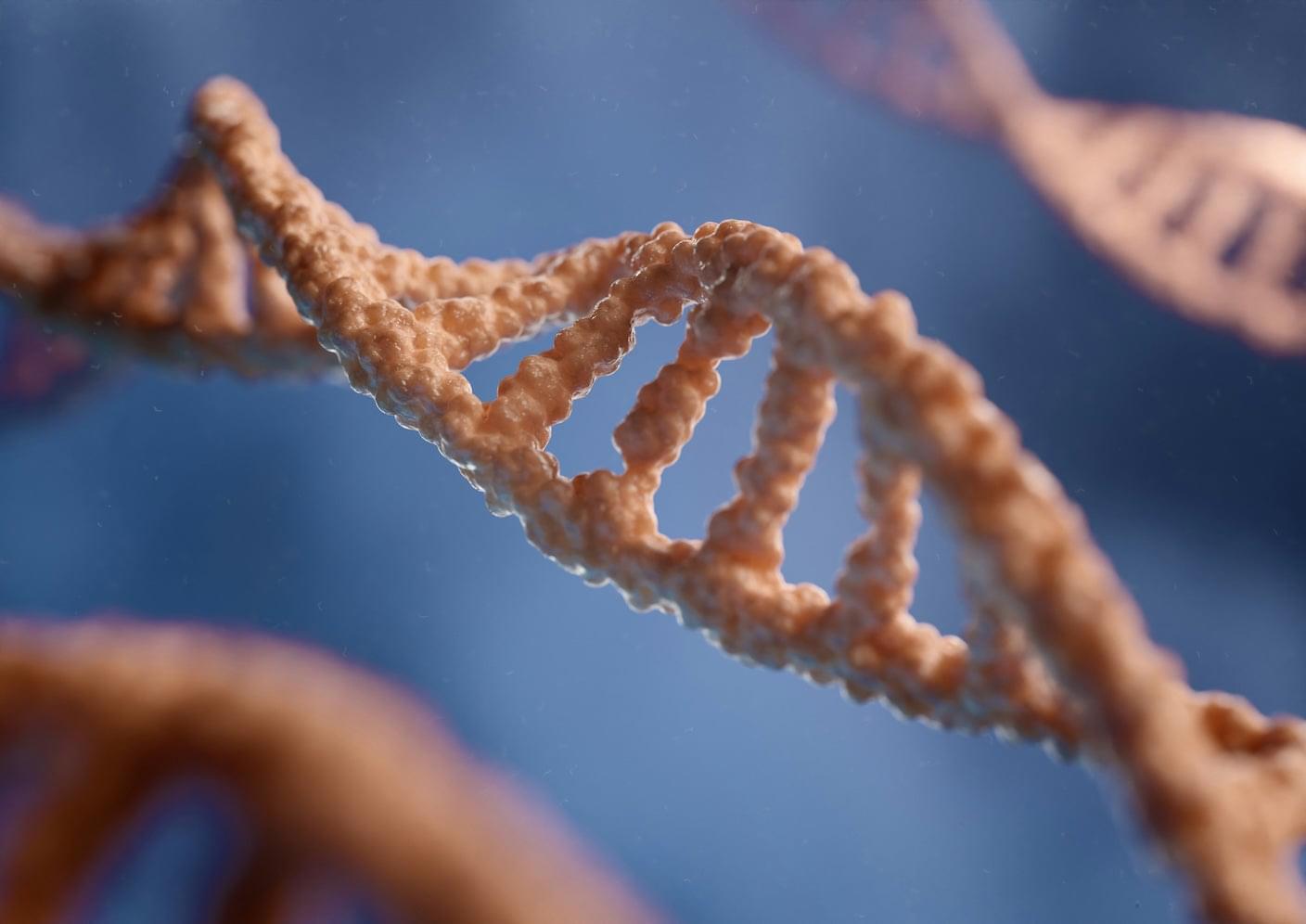
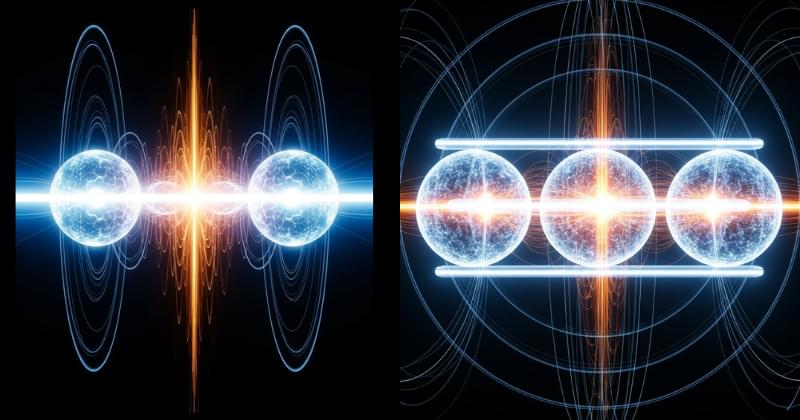
Gravity is the most familiar force in human experience, yet it remains the least understood at a fundamental level. Despite centuries of study—from Newton’s law of universal gravitation to Einstein’s general theory of relativity—gravity stubbornly resists unification with quantum mechanics. In recent decades, this tension has led some physicists to propose a radical rethinking of gravity’s nature. According to these ideas, gravity may not be a fundamental force at all, but instead an emergent effect arising from quantum entanglement and the flow of information in spacetime.
This perspective represents a profound conceptual shift. Rather than treating gravity as something particles “exert” on one another, these theories suggest it emerges statistically, much like temperature arises from the collective motion of atoms. This article examines the scientific foundations of this idea, the key theoretical frameworks supporting it, and the evidence—both suggestive and incomplete—that motivates such claims. By analyzing gravity through quantum, thermodynamic, and informational lenses, we gain insight into one of the most ambitious research directions in modern theoretical physics.
The Standard Model of particle physics successfully describes three of the four fundamental interactions: electromagnetism, the weak force, and the strong force. Gravity, however, remains outside this framework. Attempts to quantize gravity using the same methods applied to other forces lead to mathematical infinities that cannot be renormalized.
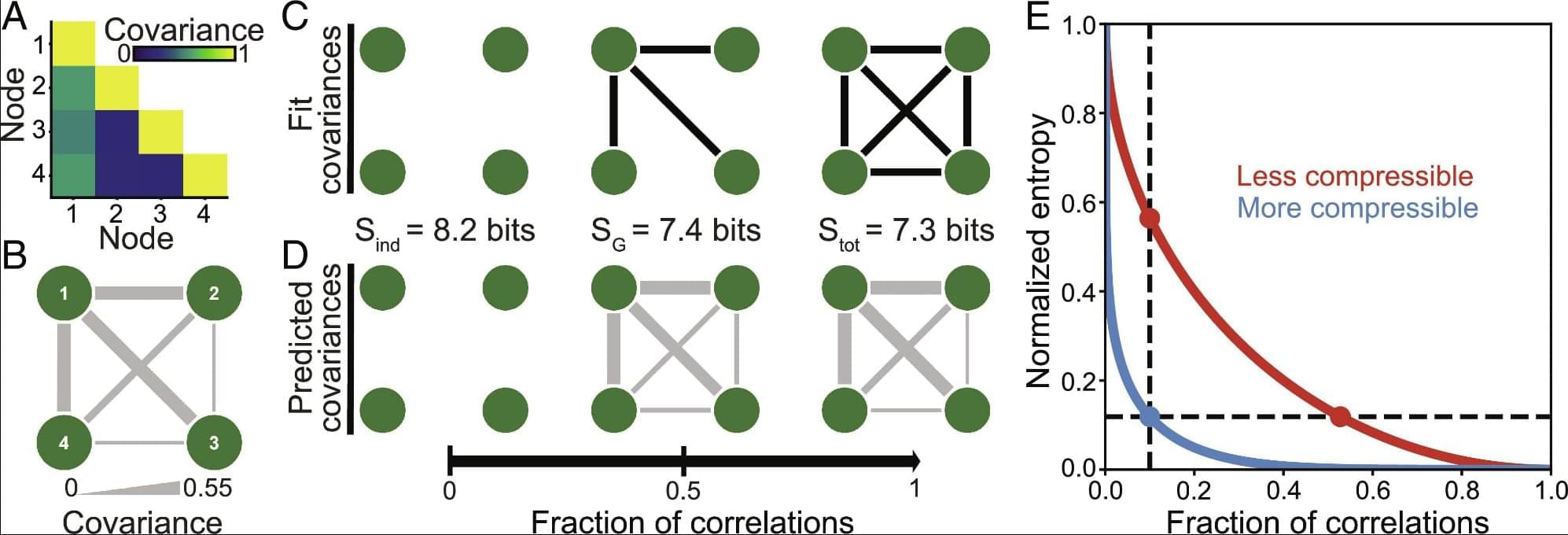
One of the most-viewed PNAS articles in the last week is “Quantifying the compressibility of the human brain.” Explore the article here: https://ow.ly/jGEu50Y6heQ
For more trending articles, visit https://ow.ly/FjuI50Y6heP.
In the human brain, the allowed patterns of activity are constrained by the correlations between brain regions. Yet it remains unclear which correlations—and how many—are needed to predict large-scale neural activity. Here, we present an information-theoretic framework to identify the most important correlations, which provide the most accurate predictions of neural states. Applying our framework to cortical activity in humans, we find that the vast majority of variance in activity is explained by a small number of correlations. This means that the brain is highly compressible: Only a sparse network of correlations is needed to predict large-scale activity. We find that this compressibility is strikingly consistent across different individuals and cognitive tasks and that, counterintuitively, the most important correlations are not necessarily the strongest.
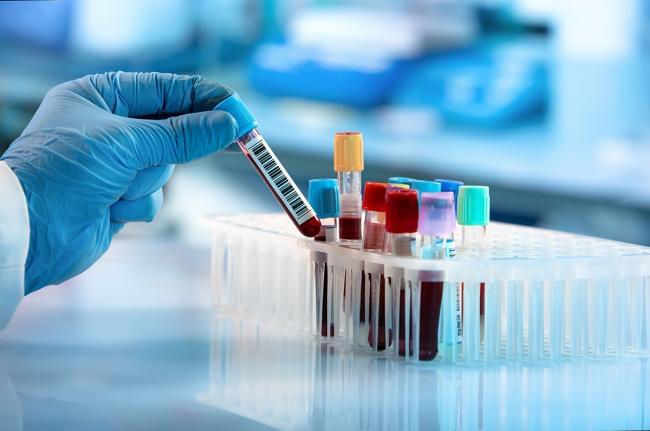
NIH-funded, four-marker panel could one day help catch one of deadliest cancers at more treatable stages.
National Institutes of Health (NIH)-supported investigators have developed a blood test to find pancreatic ductal adenocarcinoma, one of the deadliest forms of cancer. The new test could improve survival rates from pancreatic cancer, which tends to be diagnosed at late stages when therapy is less likely to be effective. The findings were published in Clinical Cancer Research.
Overall, only about 1 in 10 pancreatic cancer patients survive more than five years from diagnosis. However, experts expect that when the cancer is found and treated at an earlier stage, survival would improve. While finding the cancer early is key, there are no current screening methods to do so.